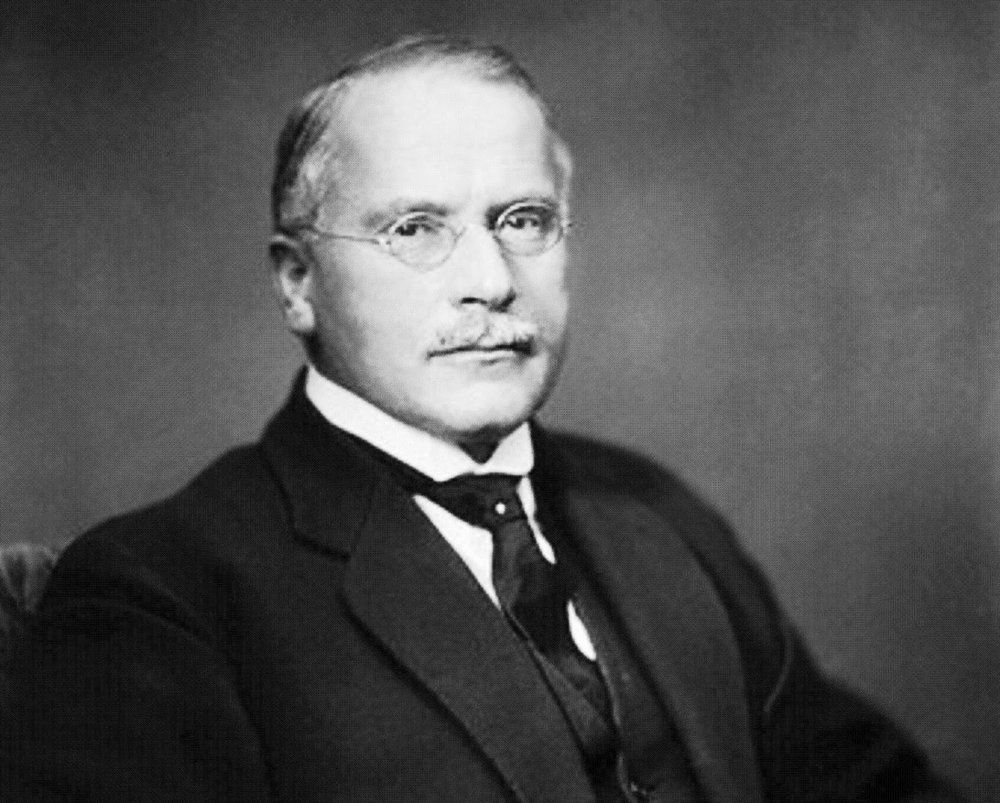
Carl Jung (1875-1961; pronounced “Yoong”) was a psychologist who worked when modern psychology was an emerging science. He studied under Freud, who found patients’ psychological problems often resulted from experiences earlier in life that were repressed into the subconscious. Jung noticed that some patients’ subconsciouses seemed to contain items that were not directly related to their lives. He set about trying to discover what other psychic contents might be in the subconscious.
What he learned in his research led him to label parts of the subconscious that did not come from an individuals’ direct life experiences. They were part of what he deemed the universal unconscious (i.e., they were not individual and they were not the subconscious that Freud was studying, which was based on personal lived experience). These included reoccurring stories, images, emotions, and patterns, which he called archetypes. And there was a part of the subconscious that seemed to consist of everything that the individual when in society was not: this he labeled the shadow.
He and others who followed him continued to explore these aspects of the mind and found how they went a long way toward explaining human behavior in ways that other explanations did not. As Joseph Campbell, one of Jung’s followers, once said, “an economic theory of human history could never explain a Chartres (Cathedral)  . Meaning: there is something else at work in humans than mere day-to-day concerns. Some universal unconscious aspect (I’ll call it here “a need for spirituality”) drove many people in Chartres for hundreds of years to come together to build a place of worship more magnificent than any business or home.
. Meaning: there is something else at work in humans than mere day-to-day concerns. Some universal unconscious aspect (I’ll call it here “a need for spirituality”) drove many people in Chartres for hundreds of years to come together to build a place of worship more magnificent than any business or home.
So then, what is in this universal unconscious that we all have inside of us? And how can it help us understand our own behavior and that of other humans? Let’s begin with two of the most important concepts/aspects: archetypes and the shadow. Understanding these two concepts is important to understanding the overall view of how the universal unconscious affects human experiences and behaviors.